TECH & INNOVATION
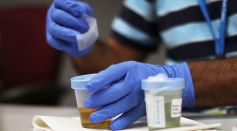
Individual Pessaries For More Successful Treatment Of Stress Incontinence Through 3D Printing

Innovative Startup Develops Unique Method to Remove Plastics From Our Oceans
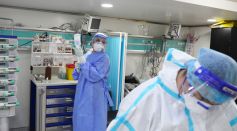
Amrita Institute of Medical Sciences (AIMS) in Kochi, India, Becomes the First Hospital in the World to Carry Out Bilateral Upper Limb Transplant Using HEMO2life®

Stanford Researchers Develop a Quantum Simulator That Exhibits The Building Blocks of Sound
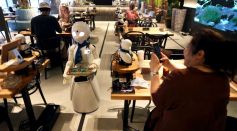
Autonomous Robots are Here: Robotics CEO Claims Businesses Want to Remove Human Labor Due to Labor Shortage
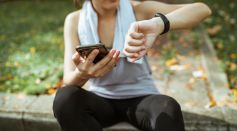
Epilepsy Forecasting: Mayo Clinic Experts Developed a Wristwatch-Like Device That Predicts Seizure Attacks
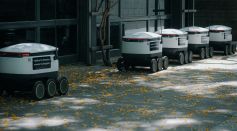
Artificial Intelligence: Elon Musk Predicts AI Will Take Over Human Jobs, Suggests These Least Vulnerable Occupations
Microscopic Robot Inspired From Starfish Larva Moves Around Using Tiny Hairs to Deliver Medicine to Cells
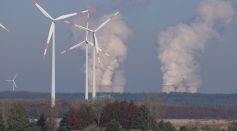
VinFuture Foundation Hosts Public Dialogue About 'Renewable Energy & New Materials For The Future' With Nobel-Winning Professor

World's Thinnest X-Ray Detector With High Sensitivity, Rapid Response Time Could Lead to Real-Time Imaging Someday

New Lab-Grown Meat Production Facility in California Brings Cell-Based Food Closer to Reality

Robot Vaccination: Here’s How Cobi Gives Vaccine Shots Without the Pain
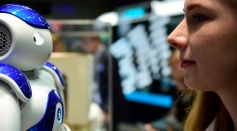
Will Robots Live With Humans Soon? New MIT Study Shows They Will Learn Social Interactions
Lizards Regenerate Perfect New Tails With Bone and Nerves After Being Injected With Gene-Edited Stem Cells
Most Popular

First Solar Eclipse of 2026 on February 17: Where and How to Watch the Rare Event

28,000 Santorini Earthquakes Linked to Massive Magma Movement Beneath Caldera

What Drives the Atlantic Meridional Overturning Circulation and Why It Matters

Scientists Grow Lab-Made Human Spinal Cords That Self-Repair After Severe Injuries





